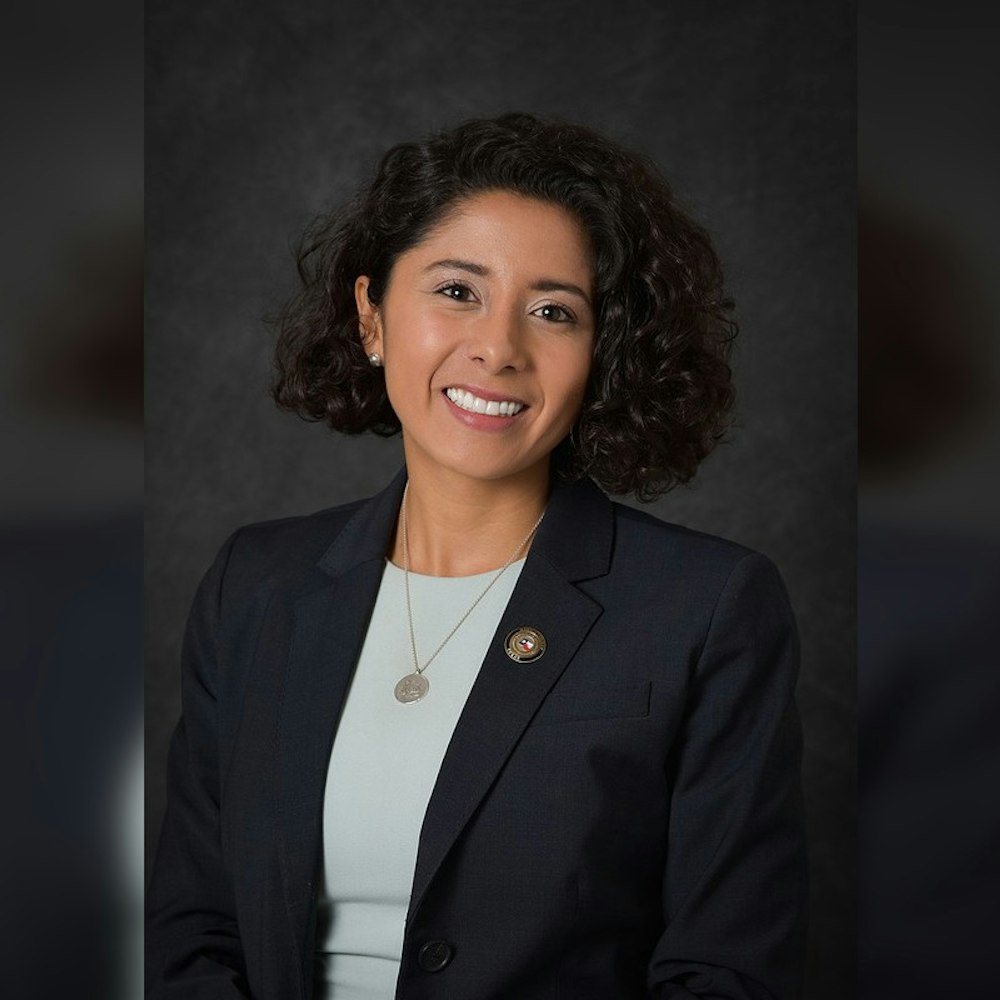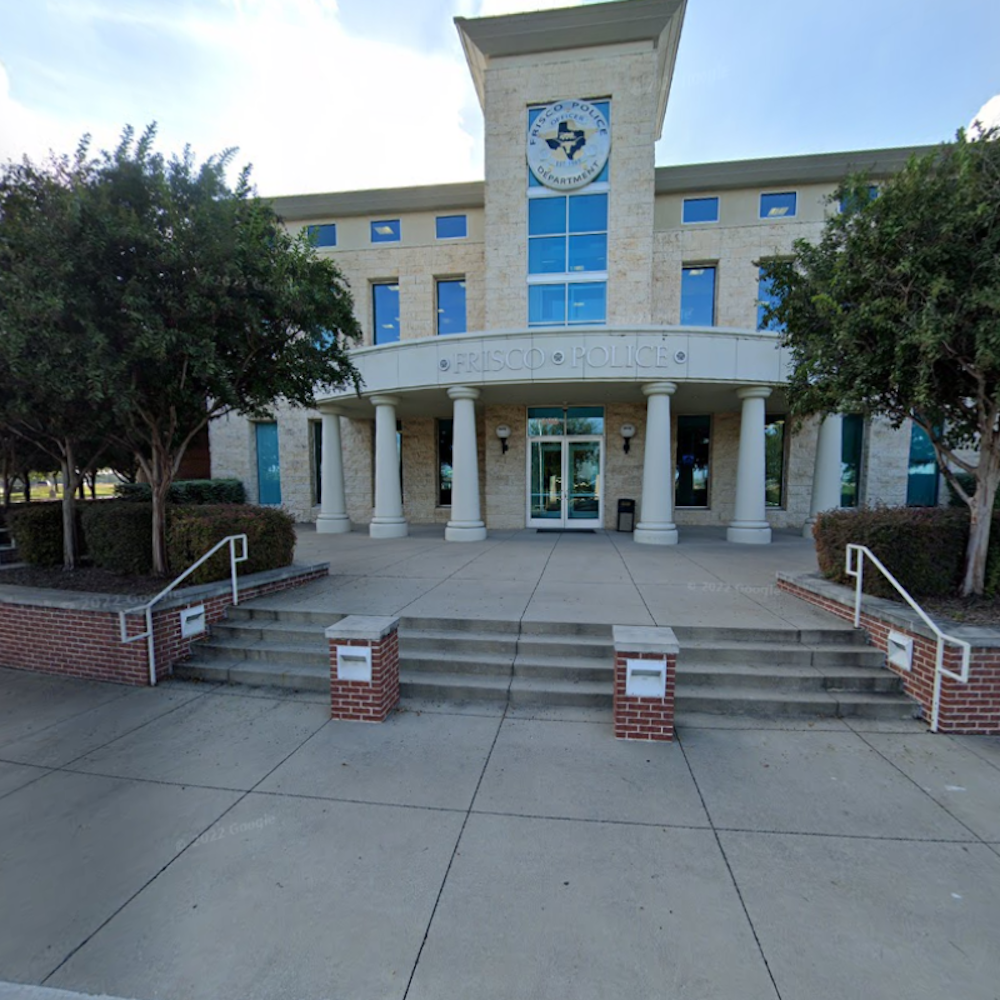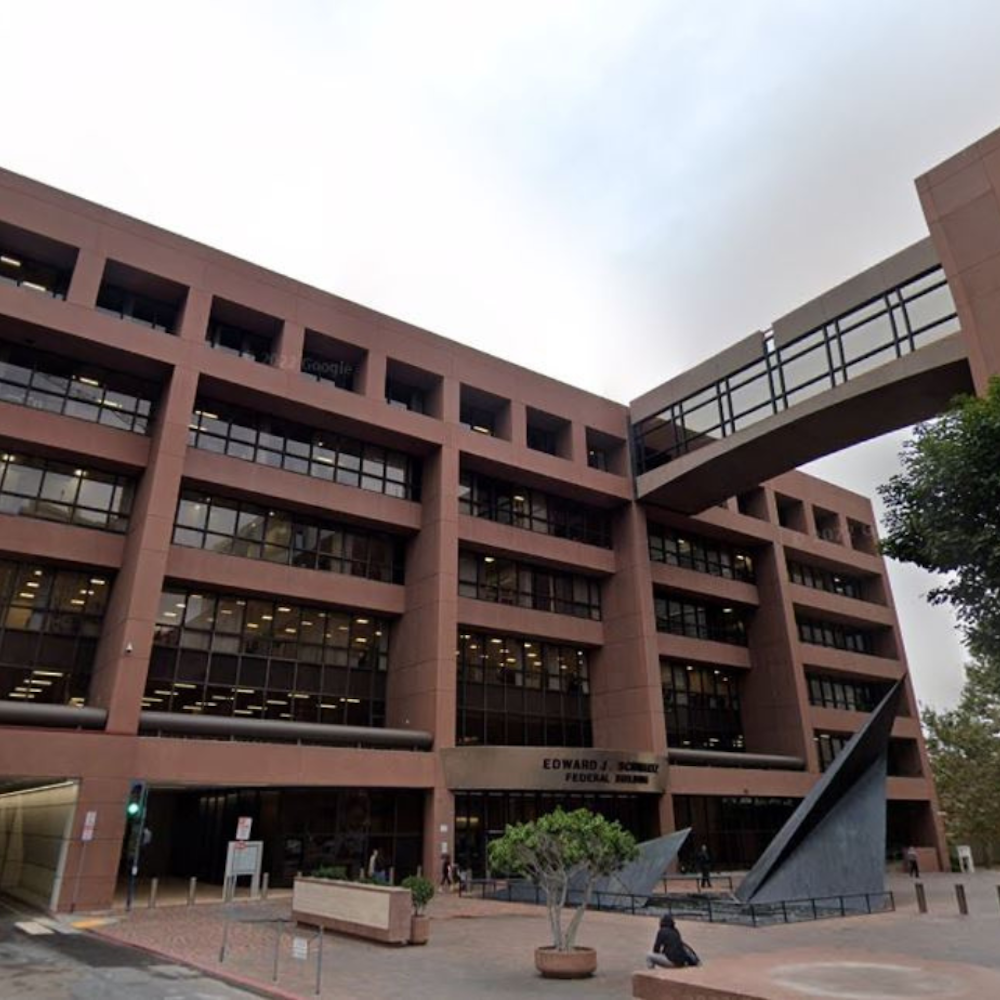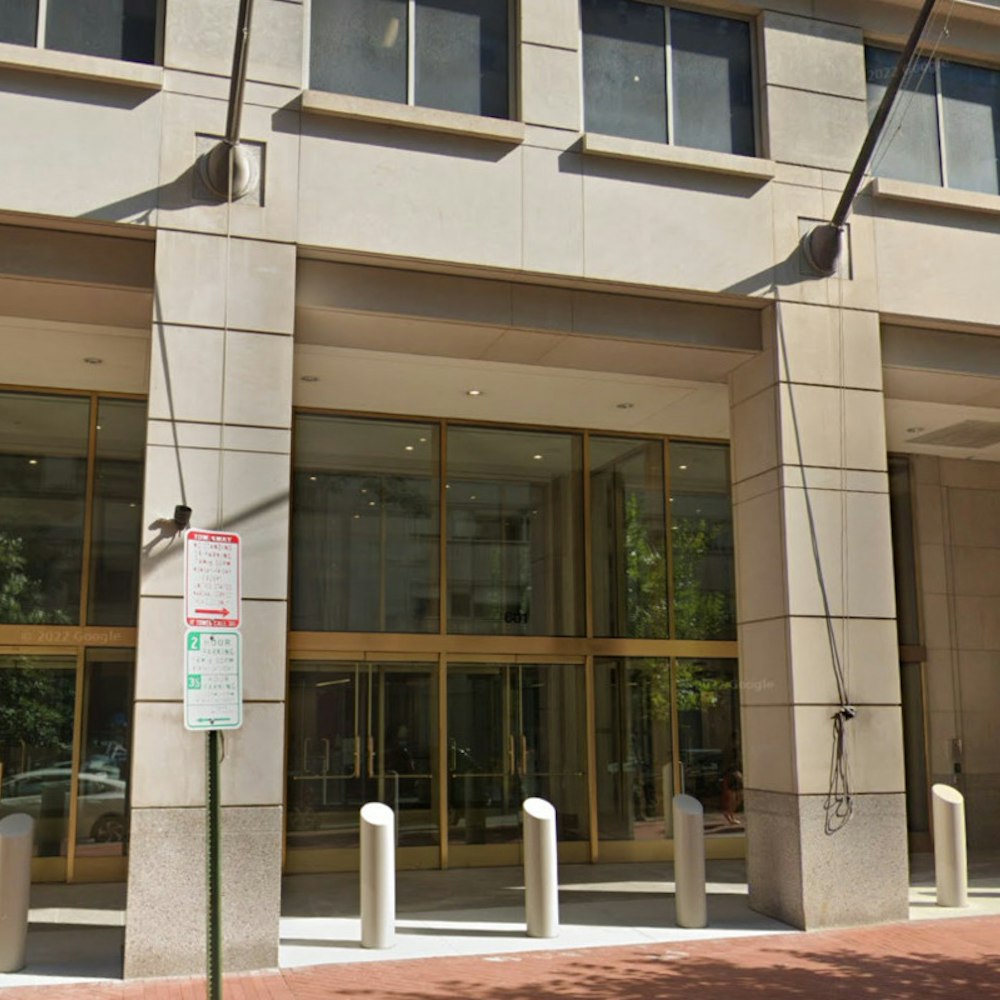
In a groundbreaking study that could revolutionize the creation of medicines, UC San Diego researchers have discovered that crucial enzymes involved in DNA transcription are unable to differentiate between artificial and natural DNA. As reported by SD News, this finding hinges on the ability to expand the genetic code beyond its natural four-letter nucleotide alphabet, potentially paving the way for custom-designed proteins.
Published on December 12 in Nature Communications, the study led by Professor Dong Wang of Skaggs School of Pharmacy and Pharmaceutical Sciences at UC San Diego, alongside prominent scientists Steven A. Benner and Dmitry Lyumkis, introduced two new base pairs as part of the Artificially Expanded Genetic Information System (AEGIS). This research, as per UC San Diego Today, confirms that RNA polymerase enzymes can transcribe the synthetic base pairs in a akin way to natural pairs.
"Considering how diverse life on Earth is with just four nucleotides, the possibilities of what could happen if we can add more are enticing," Wang told UC San Diego Today. The research team believes that expanding the genetic code could open new avenues for synthesizing diverse molecular structures in the lab, which might lead to innovative approaches in drug development.
Moreover, these findings lend support to a hypothesis dating back to the discovery of the DNA double helix by Watson and Crick. The tautomer hypothesis suggests that the four standard nucleotides can form mismatched pairs due to tautomerization, a process which could lead to genetic mutations. Wang's team provided direct structural evidence that tautomerization occurs during transcription, as noted in their conversation with SD News.
The study is far from over, as the team plans to extend their research to other synthetic base pairs and enzymes. This venture is a collaboration between experts in the field and has been funded by grants from the National Institutes of Health and the National Science Foundation. The ultimate goal is not only to explore the mechanics of transcription on an expanded genetic alphabet but also to push the boundaries of what can be achieved with synthetic biology.









